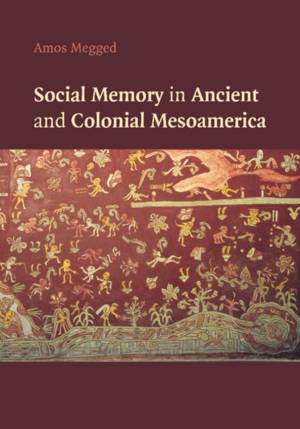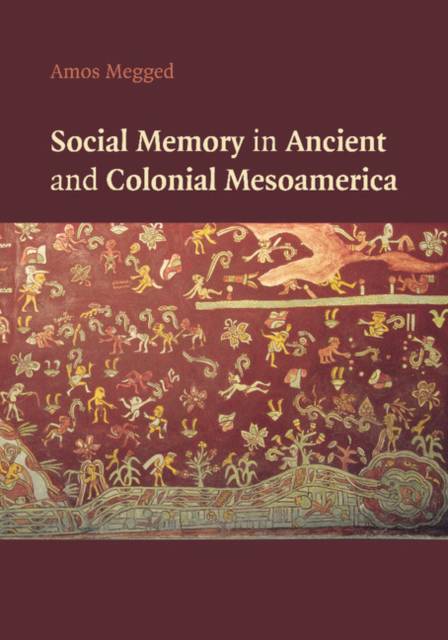
- Afhalen na 1 uur in een winkel met voorraad
- Gratis thuislevering in België vanaf € 30
- Ruim aanbod met 7 miljoen producten
- Afhalen na 1 uur in een winkel met voorraad
- Gratis thuislevering in België vanaf € 30
- Ruim aanbod met 7 miljoen producten
Zoeken
€ 102,45
+ 204 punten
Uitvoering
Omschrijving
Before the Spanish Conquest and well into the eighteenth century, Mesoamerican peoples believed that "time" and "space" were contained in earthly and heavenly receptacles that were visualized metaphorically. This circumscribed space contained the abodes of the dead. There, deities and ancestral spirits could be revived and the living could communicate with them. In Social Memory in Ancient and Colonial Mesoamerica, Amos Megged uncovers the missing links in Mesoamerican peoples' quest for their collective past. Analyzing ancient repositories of knowledge, as well as social and religious practices, he uncovers the unique procedures and formulas by which social memory was communicated and how it operated in Mesoamerica prior to the Spanish conquest. He also explores how cherished and revived practices evolved, how they were adapted to changing circumstances, and how they helped various ethnic groups cope with the tribulations of colonization and Christianization. Megged's volume also suggests how social and cultural historians, ethnohistorians, and anthropologists can rethink indigenous representations of the past while taking into account the deep transformations in Mexican society during the colonial era.
Specificaties
Betrokkenen
- Auteur(s):
- Uitgeverij:
Inhoud
- Aantal bladzijden:
- 360
- Taal:
- Engels
Eigenschappen
- Productcode (EAN):
- 9781107448766
- Verschijningsdatum:
- 26/06/2014
- Uitvoering:
- Paperback
- Formaat:
- Trade paperback (VS)
- Afmetingen:
- 178 mm x 254 mm
- Gewicht:
- 621 g

Alleen bij Standaard Boekhandel
+ 204 punten op je klantenkaart van Standaard Boekhandel
Beoordelingen
We publiceren alleen reviews die voldoen aan de voorwaarden voor reviews. Bekijk onze voorwaarden voor reviews.







